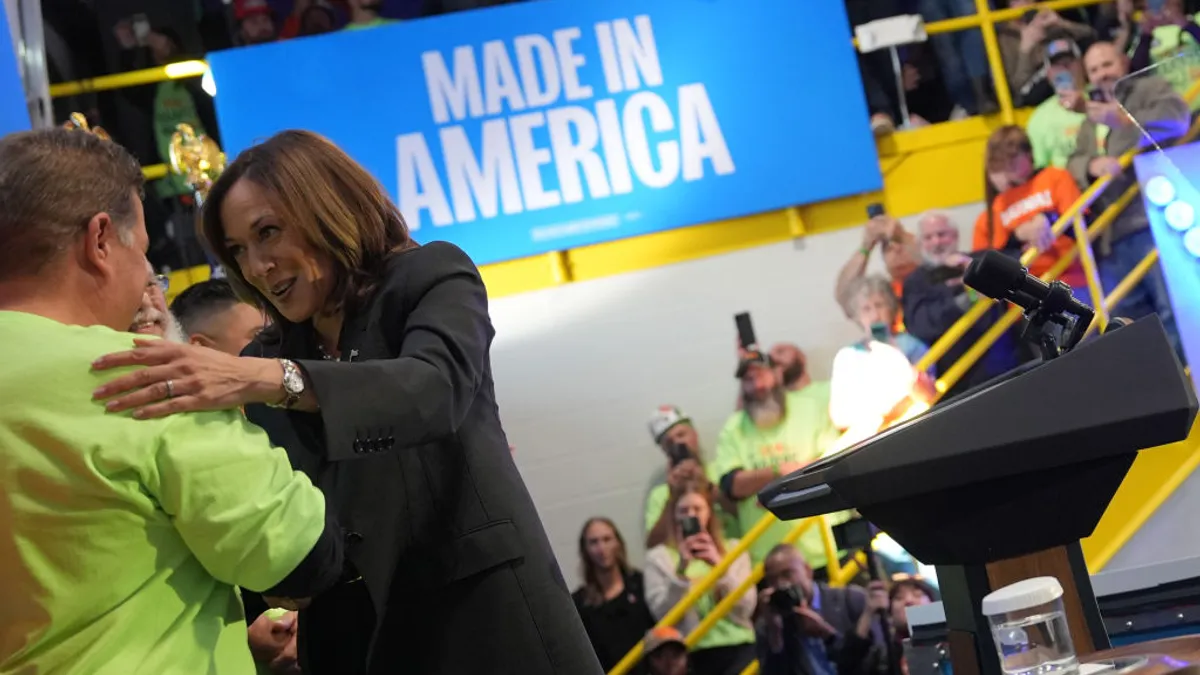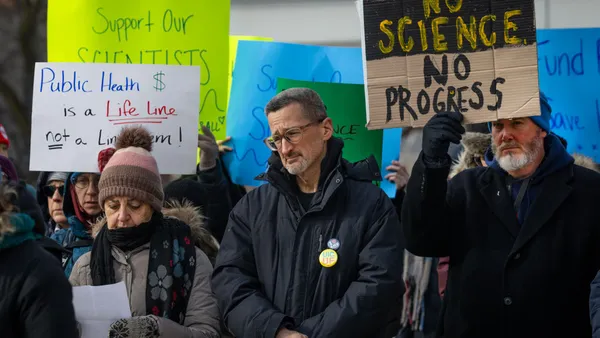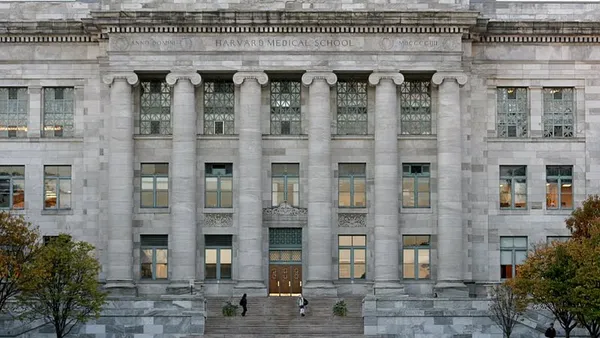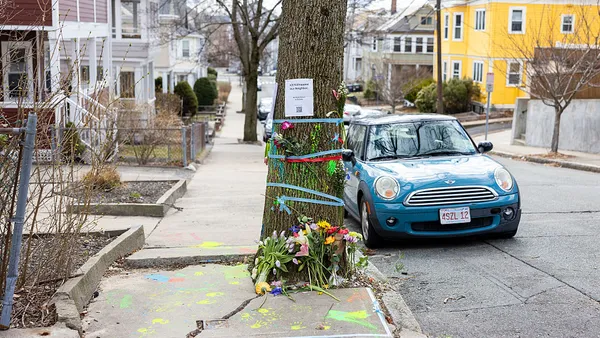Dive Brief:
- Vice President Kamala Harris pledged on Friday to sign an executive order nixing degree requirements for certain federal positions on Day 1 of her presidency if she wins Tuesday's election.
- Harris has previously said she would loosen college degree requirements in government positions if elected president. But her new pledge promises to make the initiative one of her first priorities in office.
- Both Harris and former President Donald Trump have expressed support for alternatives to college, such as skills-based hiring and apprenticeships.
Dive Insight:
Harris’ campaign promise comes as more states are dropping college degree requirements for certain government jobs. Several high-profile companies — including IBM, Google and Delta Air Lines — have similarly loosened their degree requirements for certain roles.
“The press is always asking me, ‘What are you going to do on Day 1?’ One of the things I'm doing on Day 1 — because I can do it by executive order — is I will eliminate unnecessary degree requirements for federal jobs,” she said during a Friday speech to a local union chapter in Wisconsin. “And then I will challenge the private sector to do the same.”
Trump has supported similar policies. In 2020, he signed an executive order requiring the government’s federal personnel management office to move away from degree requirements for certain jobs and focus instead on skills-based hiring.
Harris’ campaign team did not immediately respond to an emailed request for comment Monday about how her plan would differ from Trump’s 2020 executive order.
These types of policies often aim to fill worker shortages by opening positions to a wider pool of candidates. Despite the increasing popularity of these policies, some higher education experts say employers will continue to consider college degrees when making hiring and compensation decisions.
Some research backs up that view.
Georgetown University researchers said they expect workers with at least a bachelor’s degree to hold 66% of good jobs by 2031, up from 59% from a decade prior, according to a report earlier this year.
The researchers defined good jobs as those paying at least $43,000 a year for workers ages 25-44 and at least $55,000 for those ages 45-64.
Those who have completed education beyond high school — such as an associate degree or certificate program — but lack a bachelor's degree are projected to hold 19% of the good jobs, down from 22% over the same period. And workers who only completed high school are expected to have 15% of good jobs in 2031, a decline from 19% the decade before.













